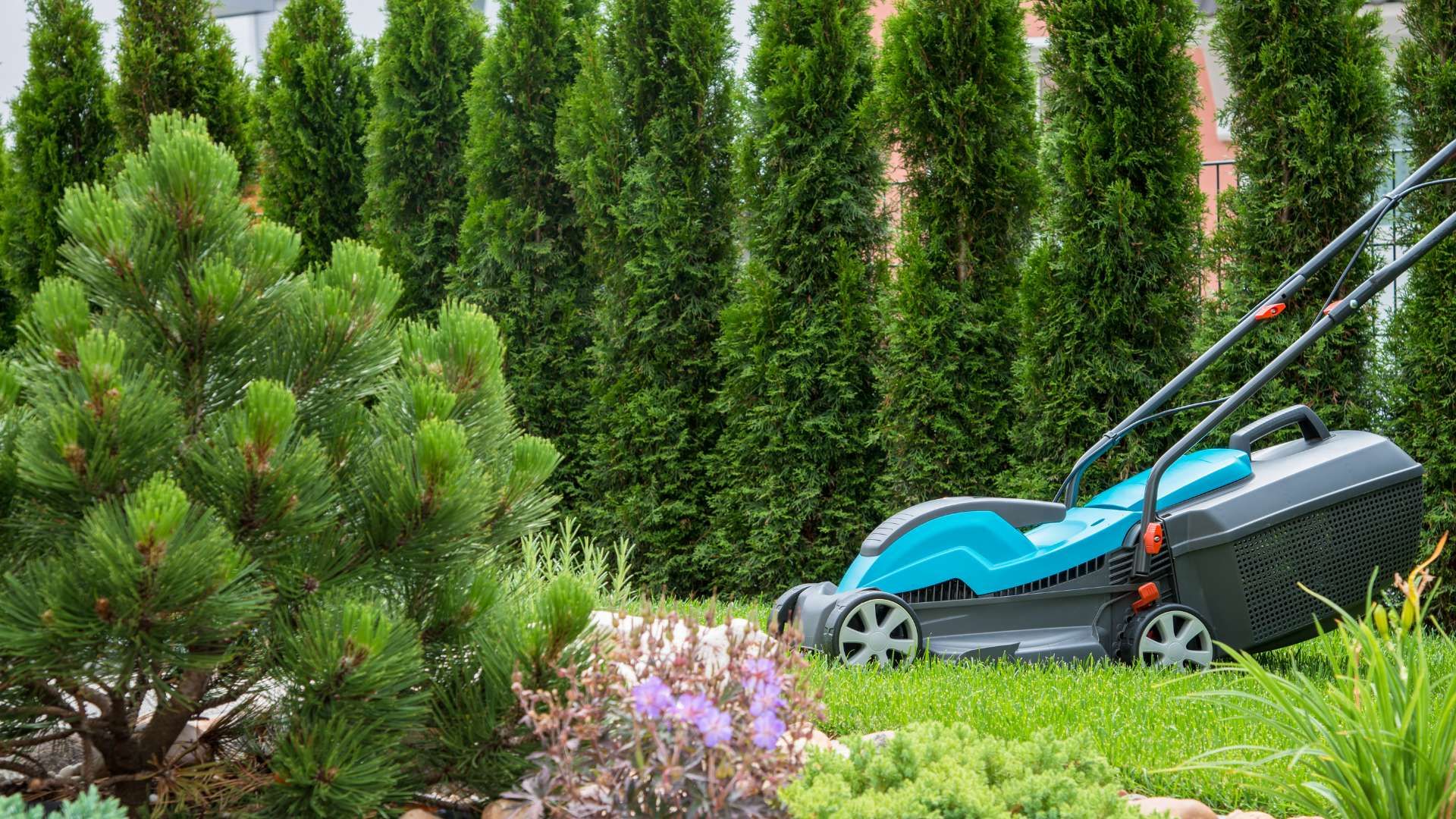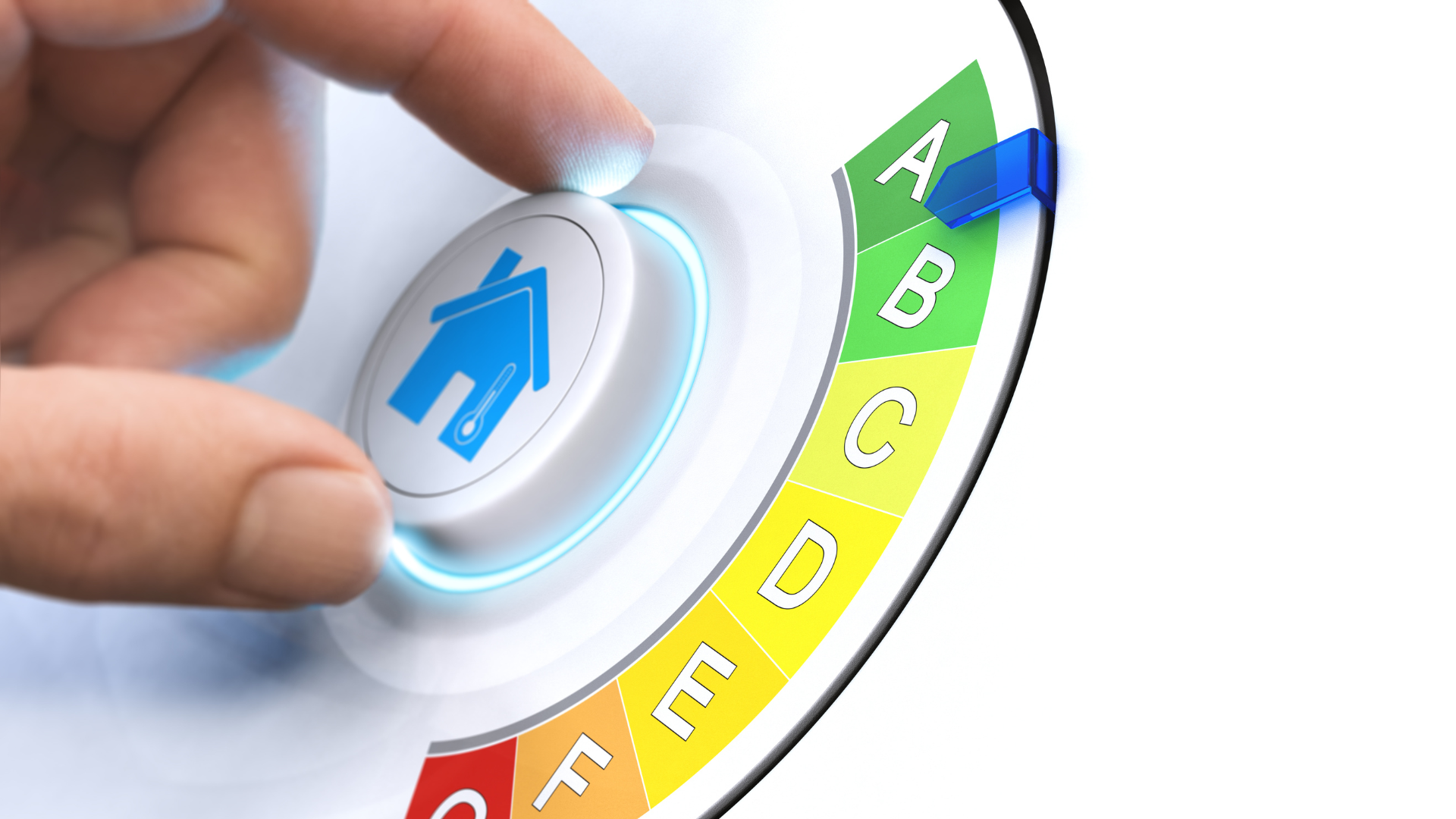
There has long been confusion over the maintenance and repair jobs that fall to the landlord, and those that fall to the tenant. Matters came to a head in the mid 1950s, when a court case (Warren v Keen) saw a landlord and tenant seek clarification from a judge on the matter of who should look after what in a rental property.
The outcome delivered by Lord Denning set a president that is still used as the benchmark in today’s lettings sector. Lord Denning said renters needed to behave in a ‘tenant-like manner’, which means they need to take ‘proper’ care of the property. To summarise, he said ‘in short, the tenant must do those little jobs about the place, which a reasonable tenant would do.’
Inside a property, those ‘little jobs’ include trying to unblock a sink, replacing batteries in smoke detectors, cleaning the windows and changing light bulbs. A landlord or property manager should not be asked to empty a washing machine filter or descale a kettle – the tenant should undertake these small maintenance tasks themselves.
While much emphasis is put on maintenance within a property, the outside often gets neglected. Summer is a time for gardens to burst into life and with the right combination of sun and rain, the smallest of areas can soon resemble a jungle.
Tenants have a duty of care to look after gardens, roof terraces, courtyards and balconies. This covers what grows outside, what is added – or taken away – and what happens in the outside space. Failure to look after the great outdoors could result in deductions from the deposit, so it’s vital to know what is expected of tenants.
We’ve compiled a handy list of essential gardening jobs a tenant should complete. This, however, may differ from tenancy to tenancy, and renters should closely examine their tenancy agreement to understand their full responsibilities. The tenancy agreement will state any clauses and caveats the landlord has added, and will provide a guide for good tenant-like behaviour.
Keeping the garden tidy: it’s a very general request but this covers aspects such as rubbish, recycling, garden waste, toys and the safe disposal of animal faeces, if pets are allowed.
Mowing the lawn: keeping the grass trim and not letting it get overgrown.Weeding: actively removing weeds from areas such as flowerbeds, paths, driveways and patios.
Caring for drains, gutters & external pipes: taking responsibility for blockages or damage that the tenant has caused directly.
Reporting damage promptly: the landlord or property manager should be notified if there are issues that fall outside of a tenant’s responsibilities, such as broken fence panels.
There are also expectations when it comes to behaviour in outside spaces:
Being respectful of neighbours: keeping disruptive noise to a minimum and not engaging in anti-social behaviour in front or rear gardens, or on balconies.
Being careful about drying clothes outside: checking the tenancy agreement for covenants that prohibit drying washing on balconies or in communal gardens.
Exercising caution over bonfires & fireworks: checking the tenancy agreement for covenants that prohibit the lighting of bonfires and letting off of fireworks.
Not removing shrubs or trees: tenants should not dig up anything in the garden without the landlord’s permission.
Not laying artificial grass: while tempting to reduce mowing time by laying artificial grass, this would need a landlord’s permission.
Not altering the garden: while you may be inspired by Gardeners’ World, a tenant should not alter the layout or composition of a garden, nor should they add an outbuilding, a hot tub or a sunken trampoline without the landlord’s permission.
The key to keeping a garden in shape is ‘little and often’ so nothing gets out of hand or feels daunting to tackle. As a general rule of thumb, if a tenant feels a garden job needs a specialist trade or piece of equipment, or presents a safety hazard, they should contact their landlord or property manager for advice.
Contact us with your garden questions and we’ll guide you, whether you’re a tenant or landlord.
Share this article
More Articles
Sign up for our newsletter
Subscribe to receive the latest property market information to your inbox, full of market knowledge and tips for your home.
You may unsubscribe at any time. See our Privacy Policy.



